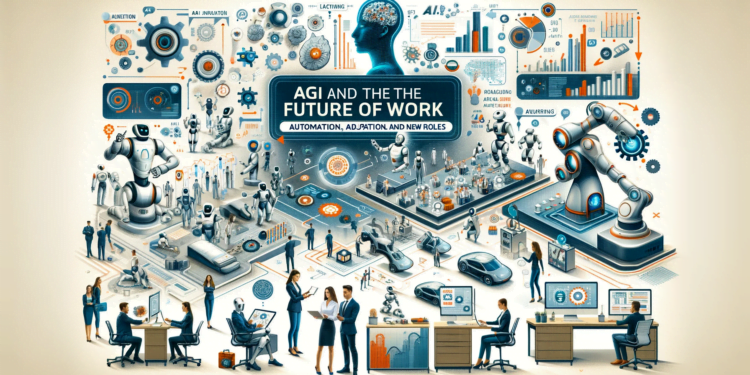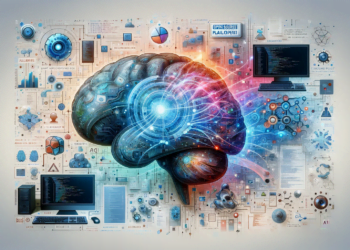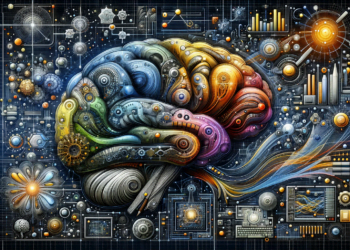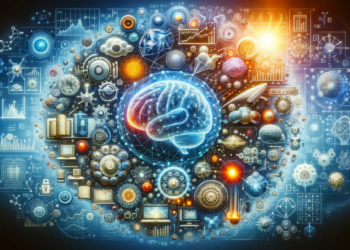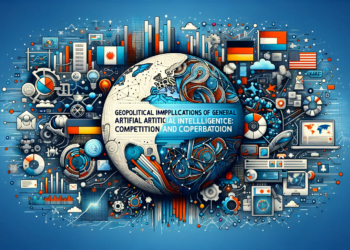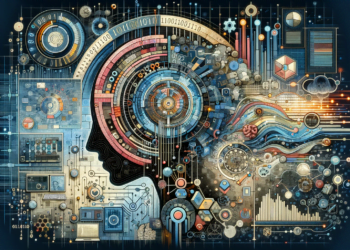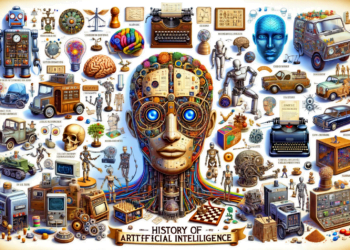The convergence of autonomously trained agents using deep learning regimes and increasingly advanced artificial intelligence (AI) systems has sparked a monumental shift in the employment landscape, raising pivotal questions about the evolution of human labor alongside cognitively capable machines. Generalized Artificial Intelligence (AGI) represents the next evolutionary step of this revolution: an artificial ‘brain’ capable of performing any intellectual task comparably to a human being.
Conceptual Challenges of AGI
Developing AGI involves tackling conceptual challenges that currently constrain specialized AI systems. While the latter excel in specific tasks, AGI requires not only the ability to handle multiple domains but also the cognitive flexibility to learn and adapt without extensive supervision. This means artificial neural networks (ANNs) must adopt structures capable of capturing and generalizing information more effectively, necessitating advancements in network architecture and synthetic neuronal plasticity. For example, the controversial Generative Adversarial Networks (GANs) have reshaped our understanding of data synthesis, providing models that can rival and surpass human judgment in visual creativity.
Impact on Human Labor
A proficient AGI system could potentially restructure entire job fields. While current AI automates processes and repetitive tasks, AGI could take on strategic, investigative, and even emotional functions in the workplace. Comparative analysis between the productivity of current AI and projected AGI underscores that AGI could not only replace tasks but also optimize them, redesigning them to maximize human-machine synergies. This would demand a review of occupational training and professional adaptation with a view towards the collaboration and integration of human and digital skills.
The Adaptation of Human Talent
In the face of the inevitable proliferation of AGI, human capital must be conceptualized as an entity in constant evolution. Education and job training would need to enhance skills that distinguish humans and are less likely to be replicated by AGI, such as empathy, leadership, and ethical judgment. Moreover, emotional intelligence and creativity will be valuable currencies in a world where the analysis and execution of certain mechanical tasks could be entirely delegated to AGI. This suggests a formative shift towards disciplines such as psychology, philosophy, and arts, which benefit human innovation and interpretation.
Innovations in AGI and New Job Roles
Recent innovations in AGI have led to the emergence of roles previously unrecognizable. For instance, coordinating robotic workflow in manufacturing environments is a crucial emerging function that blends expertise in mechanics, computer science, and industrial psychology, focused on maximizing efficiency and occupational health. Additionally, the field of bioethics will expand as it becomes vital to calibrate the limits and applications of AGI in relation to human dignity and rights.
Case Studies: Integration of AGI in Key Sectors
A case study is the use of AGI in healthcare, where natural language processing and data-based decision making have enabled the deployment of virtual assistants for pre-diagnoses and patient follow-up, improving the efficiency and accuracy of the sector. Another case is the generation of predictive models in finance, where AGI can detect patterns imperceptible to human analysts, optimizing investment strategies.
Future Outlook: Expansion and Ethics of AGI
Looking to the future, the debate is not only about the capacity and technical scope of AGI but also about its ethical implications. AGI will bring with it a repertoire of dilemmas, ranging from personal privacy to the autonomy of critical decisions in sensitive sectors such as justice and security. The regulation and governance of these systems will gain a new layer of complexity, necessitating the parallel development of ethical and legal frameworks that evolve at the pace of technology.
Ultimately, AGI will redefine the concept of work, prompting a collective reflection on the value, purpose, and nature of human labors in an increasingly automated and digitalized society. The key will be not only to adapt and coexist with AGI but to do so in a way that enriches the human experience and strengthens the irreplaceable attributes of our species.

